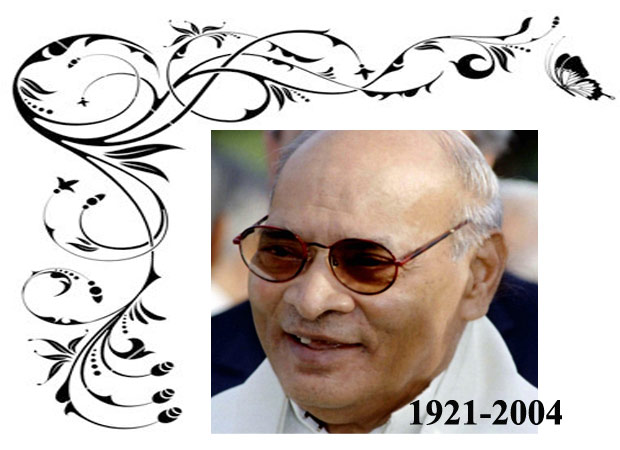TRENDING TAGS :
Birth Anniversary of Narsimha Rao; the man who initiated economic reforms in India
Lucknow: Pamulaparti Venkata Narasimha Rao, "Father of Indian Economic Reforms" was an Indian Politician who was the 10th prime minister of India. While serving as the prime minister, he brought many economic reforms in the country.
He was born on 28 June 1921 in a village in Warangal District, now in Telangana. He was adopted at the age of three by P. Ranga Rao and Rukminiamma, who hailed from agrarian families. His full name was Pamulaparti Venkata Narasimha Rao. He worked with the then Finance Minister, Manmohan Singh and introduced many several measures including reducing government regulations and privatising state-run industries, which ultimately revitalised the economy of India.
Indian Economy was going to a crisis when Narasimha Rao took over as the prime minister of the Country after Rajiv Ghandhi's Assassination in 1991.
Here are the top most reforms in the economic policies which were introduced by PV Narasimbha Rao.
- He aimed at reducing the fiscal deficit, privatisation of the public sector and increasing investment in infrastructure.
- The SEBI Act of 1992 and the Security Laws (Amendment) were introduced under his administration.
- Rao’s reforms included opening India’s equity markets to investment by foreign institutional investors and starting the National Stock Exchange as a computer-based trading system in 1994.
- As a Prime Minister, Rao made significant achievements and set the pace for the country’s speedy development. He energised the national nuclear security and ballistic missiles program, made diplomatic overtures to Western Europe, the United States, and China, and neutralised Kashmir separatist movement.
- He was charged with corruption and bribery in an alleged vote-buying scam dating back to 1993 when Rao’s government was facing a no-confidence motion.
- In the 1996 general elections the Congress Party was voted out by the Indian electorate and he stepped down as prime minister in May 1996.
- In 2000, a lower court found Rao guilty of bribing the Jharkhand Mukti Morcha (JMM) MPs to save his government in 1993, and sentenced him to three years in prison. Rao got the bail and appealed to Delhi High Court against the verdict. In 2002, Delhi High Court acquitted him of the charge.



